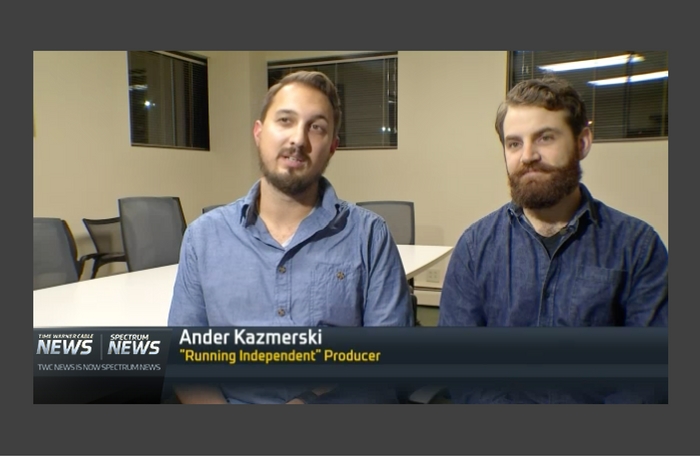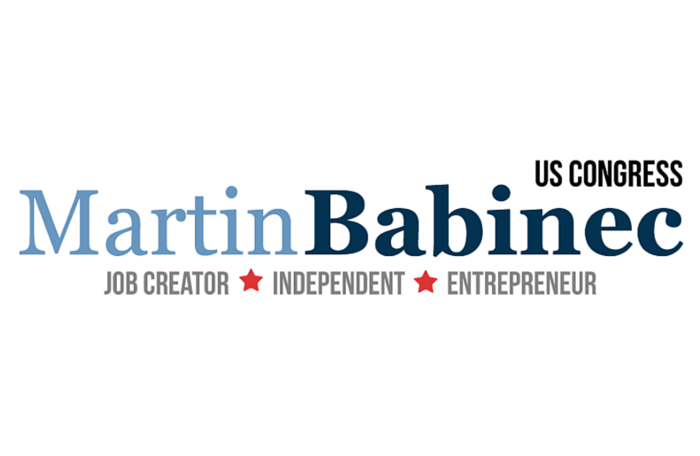By S. Alexander Gerould | Utica Observer-Dispatch
The Observer-Dispatch asked the three people running – state Assemblywoman Claudia Tenney, R-New Hartford, Democrat Kim Myers and independent candidate Martin Babinec – the same three questions about their plans for education.
If elected, what changes would you try to make to the country’s education system?
That was one of the questions asked to the three candidates seeking the seat of U.S. Rep. Richard Hanna, who is retiring at the end of the year.
The Observer-Dispatch asked the candidates running for the 22nd Congressional District — independent candidate Martin Babinec, Democrat Kim Myers and state Assemblywoman Claudia Tenney, R-New Hartford — three questions about their plans for education. Here are their responses:
What is your plan for education?
Babinec: In Congress, I will work in a bipartisan manner with all who seek to improve our system and focus on the priority needs of our children and the realities of the communities they live in. Top-down, one-size-fits-all policies like Common Core have done enough damage, and also get in the way of our own local innovations like advancing high-impact opportunities such as digital curriculum and preparation for career paths not requiring college.
Myers: The key to a happy life is over the threshold of quality education for all. My plan for education includes stopping unfunded mandates; stronger alignment of K-12 education standards with requirements of higher education and demands of new jobs; attract, recruit, prepare and support teachers; investing in early childhood education; equity in funding to reduce the divide between urban, suburban and rural; and supporting local school boards and protecting local control.
Tenney: For years, Washington bureaucrats have thrown money at our nation’s schools with nothing to show for it. In the United States, education has historically been and should primarily remain a state and local responsibility. Washington bureaucrats should not dictate the policy of every school district across America. Instead of giving more power to Washington, we must implement a plan that incorporates a comprehensive understanding of the modern demands on local school districts and returns control to parents, teachers, locally elected school boards and the states.
Do you support the Common Core? Why or why not?
Babinec: I oppose Common Core because I believe education policy is best made at the state and local level. In Congress, I will continue to review every aspect of the federal government’s role in education to maximize local control and keep education dollars in our communities instead of Washington, D.C.
Myers: Unfortunately, the ineffective rollout created immediate resistance before people had a chance to review the standards. As a state, there should be agreement as to what skill sets students will master per grade level. This is especially true today because our population is increasingly more mobile. Each time a student moves, they shouldn’t experience different standards. We need rigorous standards to better prepare students for success at college and in careers.
Tenney: The notion of Common Core is a form of bureaucratic central planning, an anathema to the core principles of our Constitutional Republic, which reveres freedom and individual rights. I have stood with parents, teachers and school administrators to push for meaningful reforms in our education system and opposed federally mandated Common Core in New York. I also co-sponsored a bill that would give parents the choice to opt-out of excessive, mandated Common Core testing. I will continue the fight against Common Core central planning and end federal interference in educational decisions, which are better left to local school districts and parents.
If elected, what changes would you try to make to the country’s education system?
Babinec: In my hometown of Little Falls, I’ve been hands-on in helping accelerate progress toward a digital curriculum that leverages the benefits of adaptive and interactive learning. I will bring the same approach to Congress by working to ensure that our teachers have the necessary flexibility to meet the unique needs of students in their classroom and the tools they need to best prepare our children for today’s digital world that touches almost every occupation.
Myers: As an 18-year member of my local Board of Education, I have lived first-hand the challenges and needs in education. We must address poverty and stop the unfunded mandates that drain resources from our students. In addition, we must support and assist new and prospective teachers. By providing more training and ongoing mentoring, we will better prepare teachers to handle the demands of teaching. This will increase the retention rate of our best and brightest.
Tenney: As a parent, education is a critical issue for all of our communities, as our future depends on cultivating citizens who will lead us on every level in society. For too long, teachers and school districts have been inundated with federal intervention and bureaucratic red tape that has done little to improve student learning and enhance critical thinking skills. In Washington, I will work to ensure Congress eliminates wasteful and duplicative federal programs and grants states and local school districts the freedom to best serve their student populations.
Follow @OD_Gerould on Twitter or call him at 315-792-4995.
_______________________________________________________
 NEXT -> Martin Babinec started his pursuit of the American Dream in his hometown of Little Falls, NY. Babinec went on to build a company that employs thousands, and create the nonprofit Upstate Venture Connect with a mission to connect entrepreneurs across Upstate New York to the resources they need to create high-growth companies and high-paying jobs for our region. Learn more!
NEXT -> Martin Babinec started his pursuit of the American Dream in his hometown of Little Falls, NY. Babinec went on to build a company that employs thousands, and create the nonprofit Upstate Venture Connect with a mission to connect entrepreneurs across Upstate New York to the resources they need to create high-growth companies and high-paying jobs for our region. Learn more!






Leave A Comment